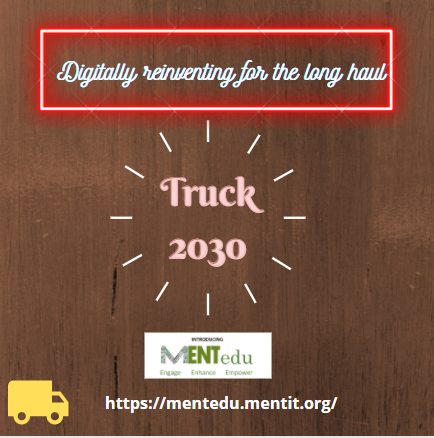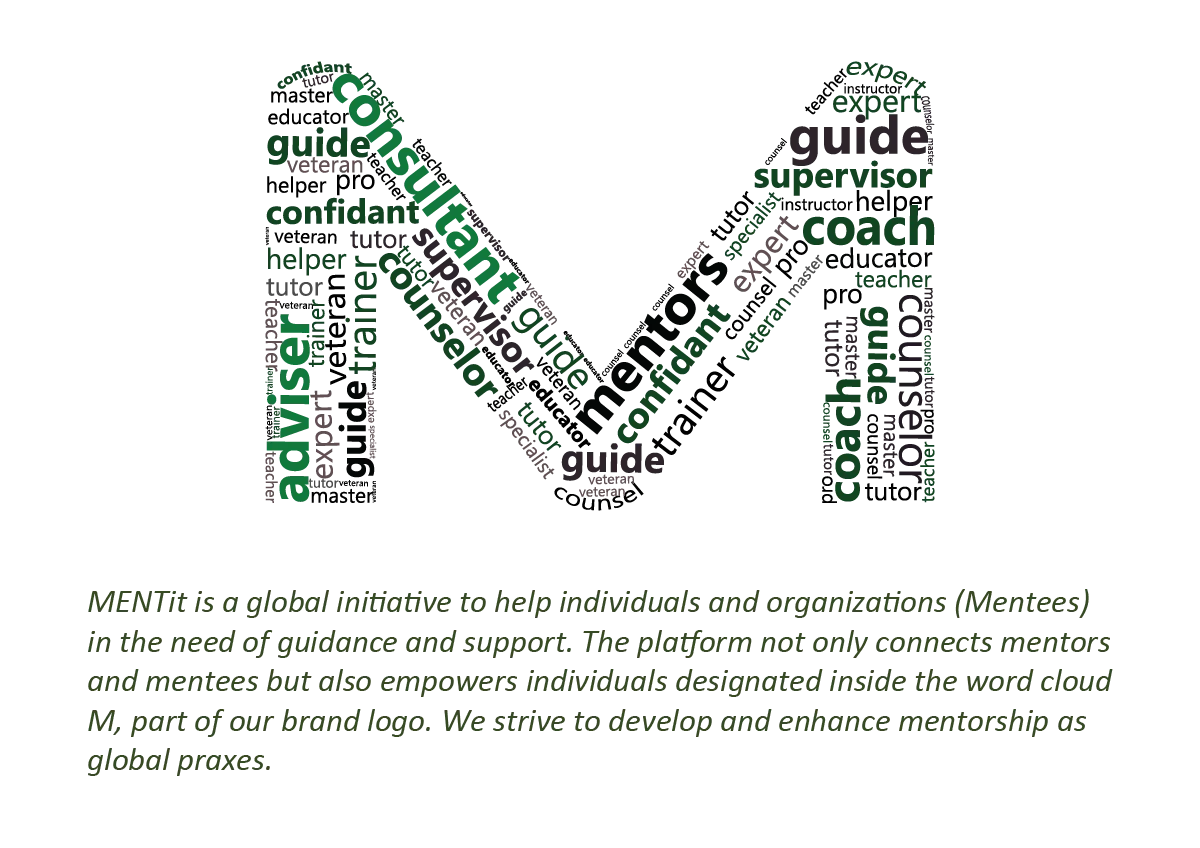Team Medicine( How life sciences can win with blockchain)
By Author: Mr. TEAM MENTit (MENTit Both)Affiliation: MENTit
Who are the first movers in the life sciences industry, and what do they expect?
- Executives in the life sciences sector have shown a strong desire to create blockchain solutions.
- The time span for doing so is likely to be longer than the initial wave of industries.
- According to the research, 10% of life sciences companies expect to have fully functional blockchain solutions in place by 2019.
- By 2020, over 70% of respondents anticipate having projects in production.
Taking steps to reduce the frictions that stifle progress
- The top three friction domains that blockchains can assist solve have been identified by Life Sciences First Movers.
- The most difficult obstacles to overcome were information, interaction, and invention.
- Degrees of separation were listed among the top frictions in only one of the industries surveyed: life sciences.
- The first Movers' objectives, priorities, and investments can provide as a high-level template for others to follow.
Benefits and business concepts that are new
- Because of inefficient, archaic procedures, the life sciences are particularly vulnerable to outside influences.
- Executives in the life sciences industry realize that blockchain technology has the potential to reduce costs, time, and risk.
- Seven out of 10 First Movers believe the greatest combined advantages will occur in three areas.
Compliance and regulation
- As a disincentive to non-compliance, blockchain systems can offer smart contract-based inspections.
- They create a trustworthy audit trail that can be verified in real-time, simplify enforcement, and prevent unscrupulous actors.
- Because rules control what may be viewed and when blockchains provide a framework for automatically enforcing privacy restrictions.
Inter-organizational processes
- Intercompany procedures, financial transfers, services, raw materials, and completed items are the areas where life sciences' first movers expect blockchain to minimize risk the most.
- Smart contracts can ensure that goods and information are exchanged reliably among firms in the complex life sciences ecosystem.
Patient participation is encouraged.
- Patients will be able to safely exchange their data thanks to blockchain technology. The US Food and Drug Administration (FDA) recently launched a blockchain project targeted at creating a safe and efficient health data exchange.
- Those Who Move First Patient empowerment is a cost-cutting and business-model-creating strategy.
Serialization from end to end
- E2E serialization is expected to stimulate business model innovation by more than 70% of life sciences First Movers.
- More than 60% of E2Es expect blockchain to help them save money, time, and risk. Every year, counterfeit medicines kill over 100,000 people.
- For the pharmaceutical business, two companies have teamed up to build a serialized track-and-trace pilot.
- The objective is to build blockchain solutions based on GS1 (barcode) standards, with a focus on data protection.
- MediLedger seeks to satisfy regulatory standards in a more cost-effective and time-consuming manner.
Areas of the business that are ripe for disruption
- The sector most likely to be impacted by blockchain, according to First Movers, is gross-to-net revenue management.
- More than 60% of First Movers indicated they intended to improve in this area.
- Other areas where at least half of them predicted the biggest impacts were adverse event and safety monitoring, as well as outcome-based contract management.
Benefits and business concepts that are new
- Compliance and regulation
- Inter-organizational processes
- Patient participation is encouraged
- Serialization from end to end
Areas of the business that are ripe for disruption
Management of gross-to-net revenue
- The sector most likely to be disrupted by disruption, according to First Movers, is gross-to-net revenue management.
- The company is developing BlockChain, a new technology that will allow businesses to identify and pinpoint income loss due to "leakage."
Adverse event and safety monitoring
- First Movers surveyed more than people on internal processes they say will be disrupted by the technology.
- Revenue management, contracts management, and regulation are the top three disruptors for many respondents in the survey.
- Fifty-six percent of First Movers cited blockchain as a potential disruptor for safety monitoring.
Outcome-based contracts
- Blockchain technology can help verify outcomes at the individual level for pharmaceutical companies.
- Drug companies are under pressure to prove the effectiveness of their offerings.
- The technology could be used to pay for new drugs and reduce patient costs in the long term, say experts.
- It is currently being trialed by a number of drug companies.
- A number of pharmaceutical companies are presently testing it.
Recommendations
- I'm not sure how quickly I should go.
- Is it possible for me to reach network-wide standards?
- With new revenue models, how can I scale?
References:
Disclaimer:
The views/opinions expressed in this blog by me as a MENTit user are my personal. MENTit or its promoters or other users may not share the same views or opinions as mine. If any copyright/trademark/patent/plagiarism/controversy issue emerges because of this article written by me, I, as an author, shall be the sole responsible for the consequences.








